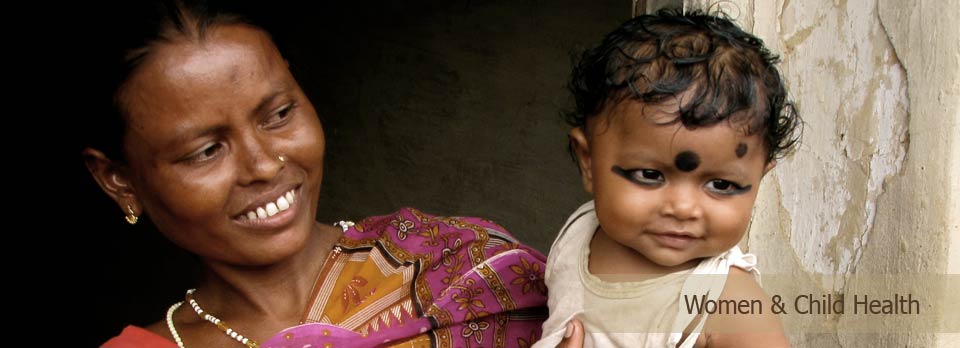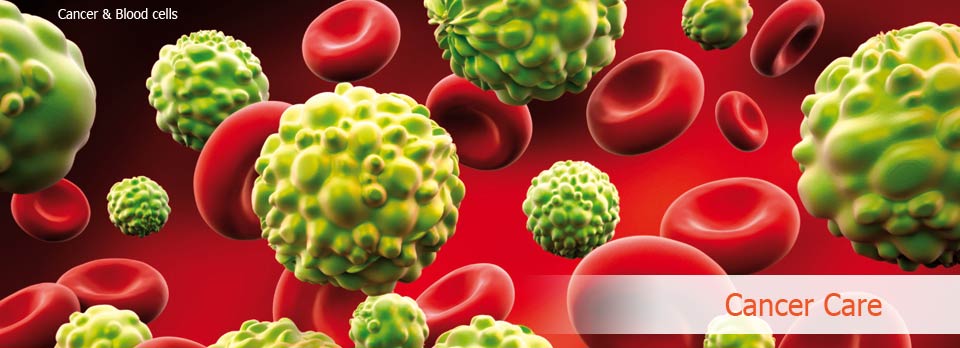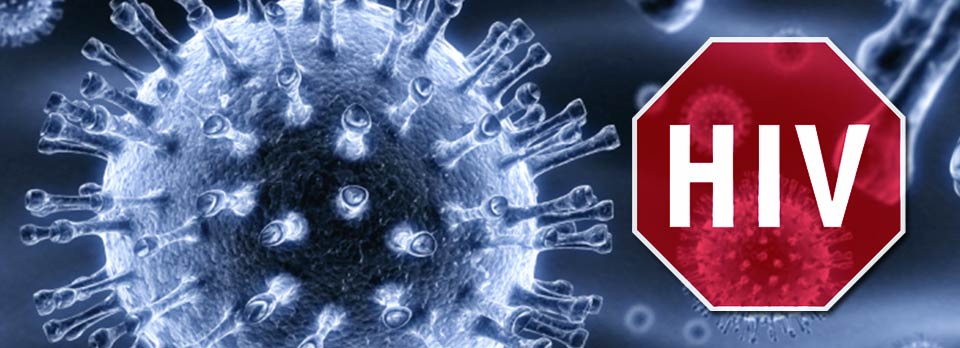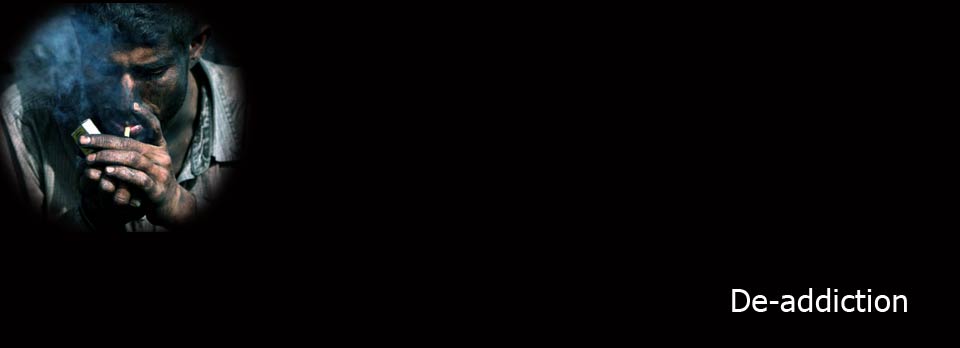Womens & Child Health
Gender equality is an integral part of the Indian Constitution, Fundamental Rights and so on. The Constitution not only grants equality to women, but also empowers our Government to adopt measures of positive discrimination in favour of women. We try to implement a holistic approach to women’s health which includes both nutrition and health services with special attention given to the needs of women and the girl at various stages of their life. We aim to ensure reduction of infant mortality and maternal mortality, which are sensitive indicators of human development.. Women should have access to comprehensive, affordable and quality health care. Measures will be adopted that take into account the reproductive rights of women to enable them to exercise informed choices, their vulnerability to sexual and health problems together with endemic, infectious and communicable diseases. The social, developmental and health consequences of HIV/AIDS and other sexually transmitted diseases will also be tackled from a gender perspective.
Our trust recognizes the critical need of men and women to have access to safe, effective and affordable methods of family planning of their choice and the need to suitably address the issues of early marriages and spacing of children. Interventions by way of education and counseling should impact on delaying the age of marriage so that child marriages are totally eliminated. We try to implement the use of alternative systems of medicine will can enhance the overall health infrastructure available for women.
Maternal Mortality is a cause of great concern. The major causes of these deaths have been identified as hemorrhage (both ante and post partum), toxemia (Hypertension during pregnancy), anemia, obstructed labor, puerperal sepsis (infections after delivery) and unsafe abortion. We try to help in reducing maternal & prenatal mortality by providing quality infrastructure with high end equipments and skilled manpower to treat the high risk maternity cases of underprivileged sector at almost no cost to them.
Education
The essence of Human Resource Development is education, which plays a significant and remedial role in balancing the socio-economic fabric of the Country. Unfortunately, across India, the percentage of children aged between 15 and 16 years who were out of schools was found to be 16.8 in 2013. Interestingly, the survey found that at the national level, the number of children admitted to private schools has slightly gone up. In recent years, children undertaking private tuitions has also shown increase. The report said that nationally, the percentage of children going to private schools has gone up to 29 per cent in 2013 from 18.7 percent in 2006.
However, according to an article in the Times of India, a grim picture appeared despite the government running special schemes and polices to ensure rise in enrollment of girl students. Even the progress in Right to Education parameters which includes infrastructure development has failed to improve the situation of girl students.
On the other hand, we have 700 universities and more than 35,000 affiliated colleges enrolling more than 20 million students, Indian higher education is a large and complex system. The structure of degree-granting institutions is cumbersome primarily due to "affiliation" and funding sources. We are committed to building skilled manpower through starting educational institutes in the field of medicine, science and technology along with other paramedical courses.
Cancer Care
With a million new cases being reported every year, cancer seems to be tightening its grip on India. Experts say the incidence of the killer disease is expected to rise five-fold by 2025 as mentioned in the Times of India. According to medical professionals, lung and oral cancers were the most common among men while cervix and breast cancer were striking more and more women. Cancer is one of the leading causes of deaths in India, which has nearly three million patients suffering from the disease. Annually, nearly 500,000 people die of cancer in India. The WHO said this number is expected to rise to 700,000 by 2015. Cancer Treatment in our nation is unaffordable for the lower strata of society. We provide free surgical treatment of cancer for poor and needy patients.
HIV
India has the third largest HIV epidemic in the world. In 2013, HIV prevalence in India was an estimated 0.3 percent. This figure is small compared to most other middle-income countries but because of India's huge population (1.2 billion) this equates to 2.1 million people living with HIV. In the same year, an estimated 130,000 people died from AIDS-related illnesses.
Overall, India’s HIV epidemic is slowing down, with a 57 percent decline in new HIV infections between 2000 and 2011, and a 29 percent decline in AIDS-related deaths between 2007 and 2011.
HIV prevalence in India varies geographically. The four states with the highest numbers of people living with HIV (Andhra Pradesh, Karnataka, Maharashtra and Tamil Nadu) are in the south of the country and account for 53 percent of all HIV infections. However, HIV prevalence is falling in these states. By comparison, in some states in the north and northeast of the country, the number of new HIV infections is rising.
Among key affected groups, sex workers and men who have sex with men have experienced a recent decline in HIV prevalence while the number of people who inject drugs living with HIV has remained stable.
However, transgender people are emerging as a group at high risk of HIV transmission. Moreover, in certain parts of the country, migrants and long distance truckers continue to act as bridge populations between certain groups and the general population, fuelling the HIV epidemic.
We are committed to the awareness and treatment of HIV within the framework of our health care programs which are undertaken from time to time.
De-addiction
Sree Siddhi Charitable Trust has been involved in treating and rehabilitating persons addicted to alcohol and other drugs over the past few years.
Our treatment and rehabilitation services include medical management (detoxification) and psychological therapy for the patient along with a mandatory 15 day programme for the family. This primary treatment is followed by after care, follow-up, and vocational rehabilitation services.





